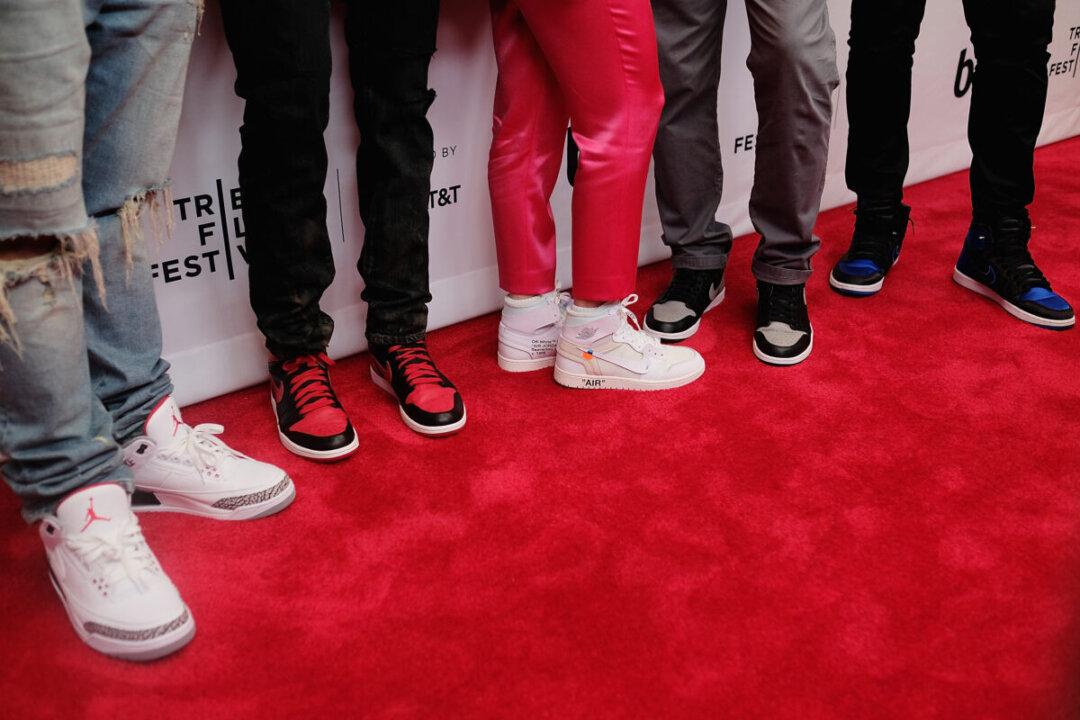American sports brand Nike launched the fragment x Travis Scott x Nike Air Jordan 1 (Air Jordan 1) sneaker on July 29. The shoe sold in China for $247, but after a round of flipping in the shoe trading platform, the highest price reached $10,819, exceeding the list price by more than 40 times. This unusual market phenomenon aroused public concern.
China’s sports shoes trading platform Dewu stated on Sept. 21 that $10, 819 was just the seller’s setting and that no transactions at that price took place. The platform removed the listing.





